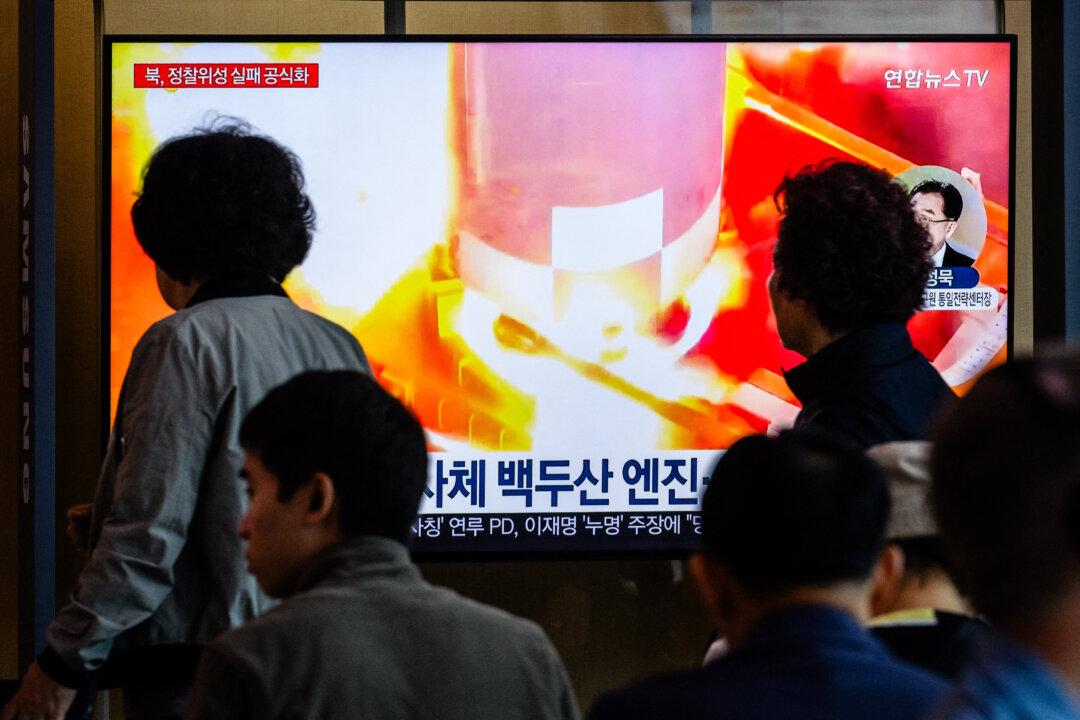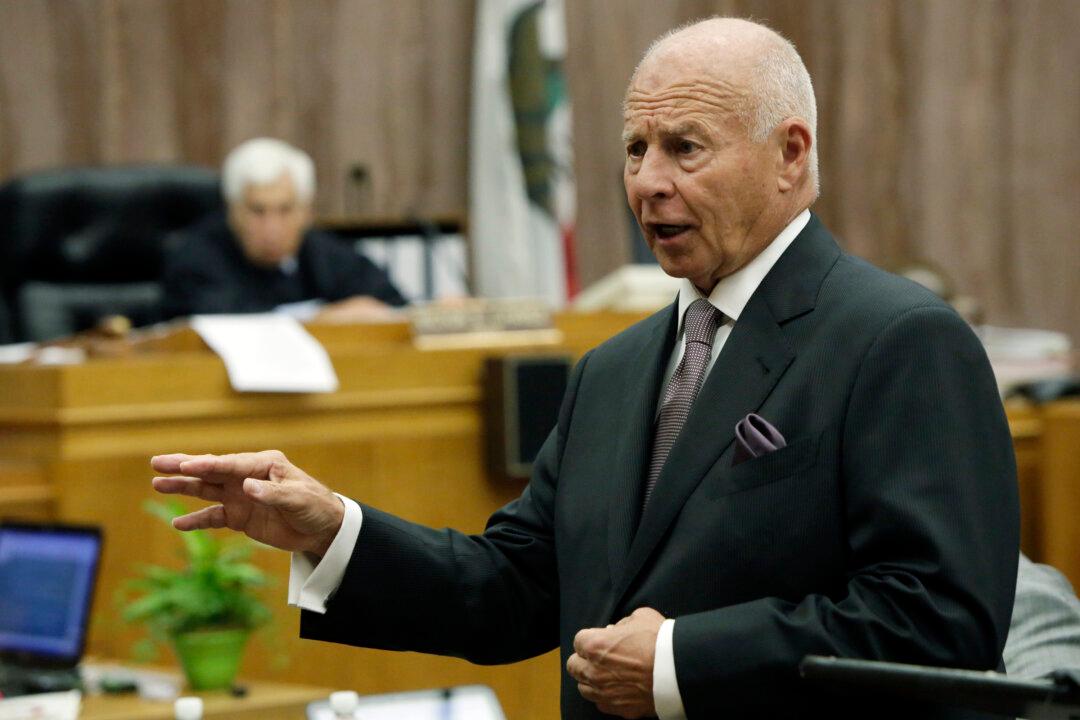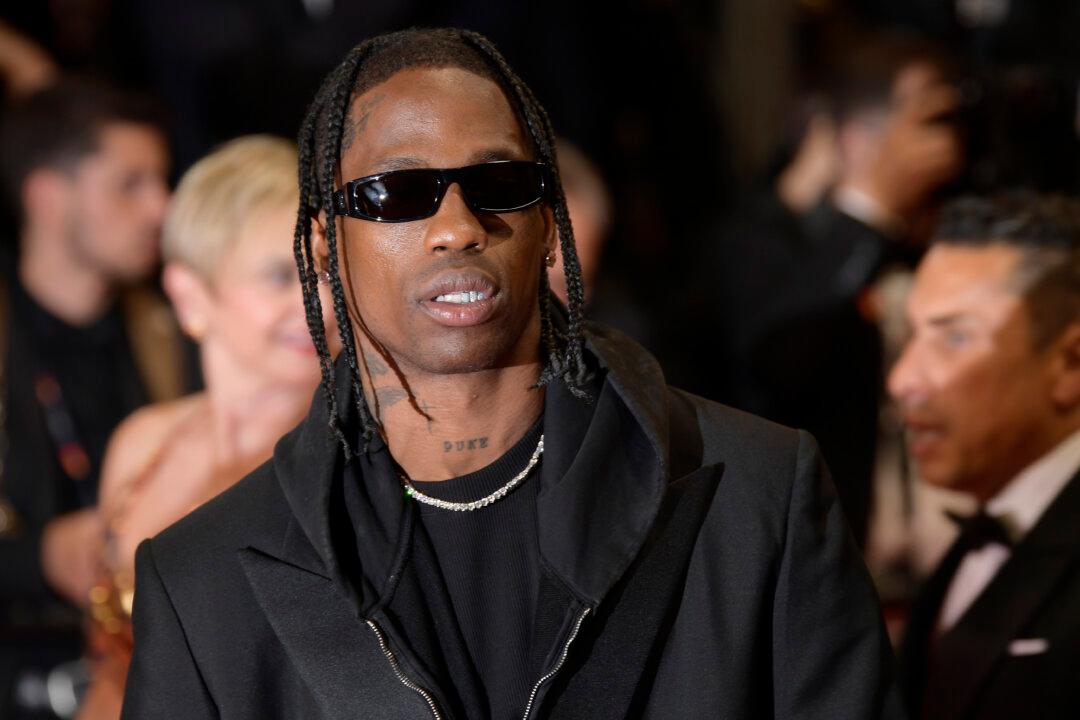Just hours after announcing that it would launch a rocket carrying a “reconnaissance satellite” into orbit sometime over the next eight days—in violation of multiple U.N. sanctions—North Korea saw its rocket and payload explode on May 27 after an attempted launch.
According to South Korea’s Yonhap news agency, a midair explosion of an unidentified projectile occurred during the first-stage of the flight. North Korea’s state media outlet Korean Central News Agency said that the rocket carrying its spy satellite, which was launched from its main northwestern space center, exploded shortly after liftoff due to a suspected engine problem.




